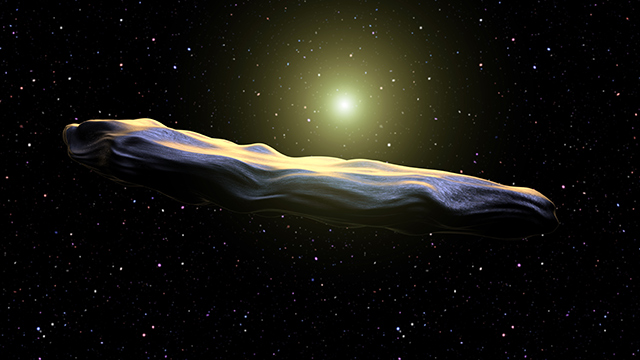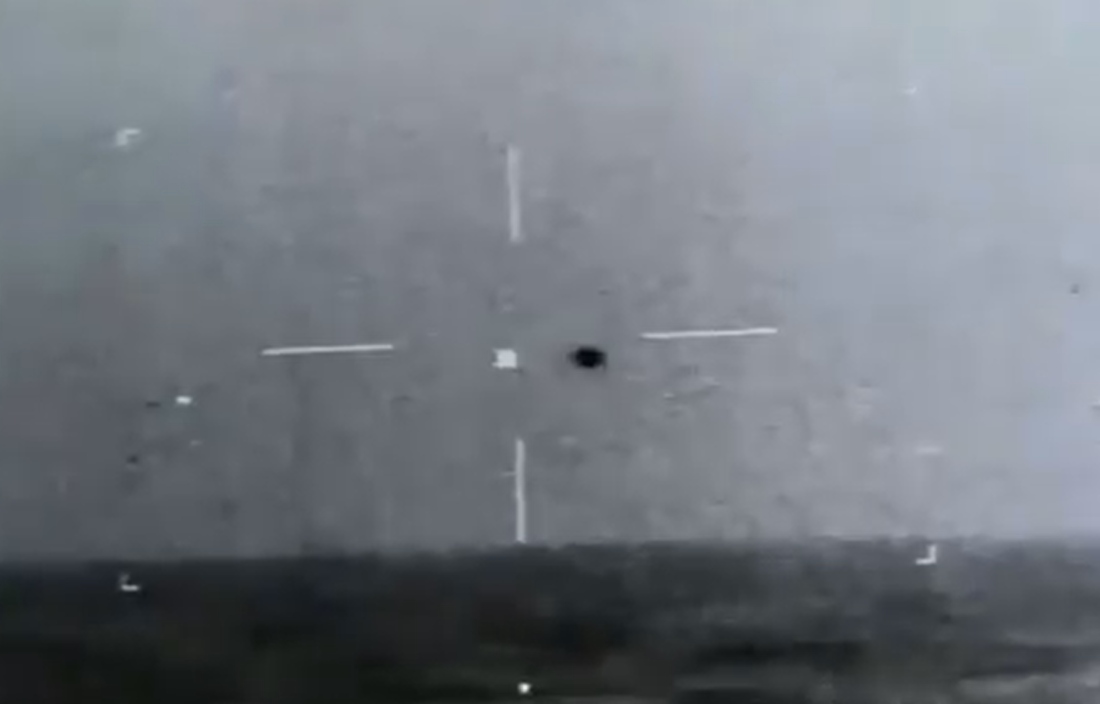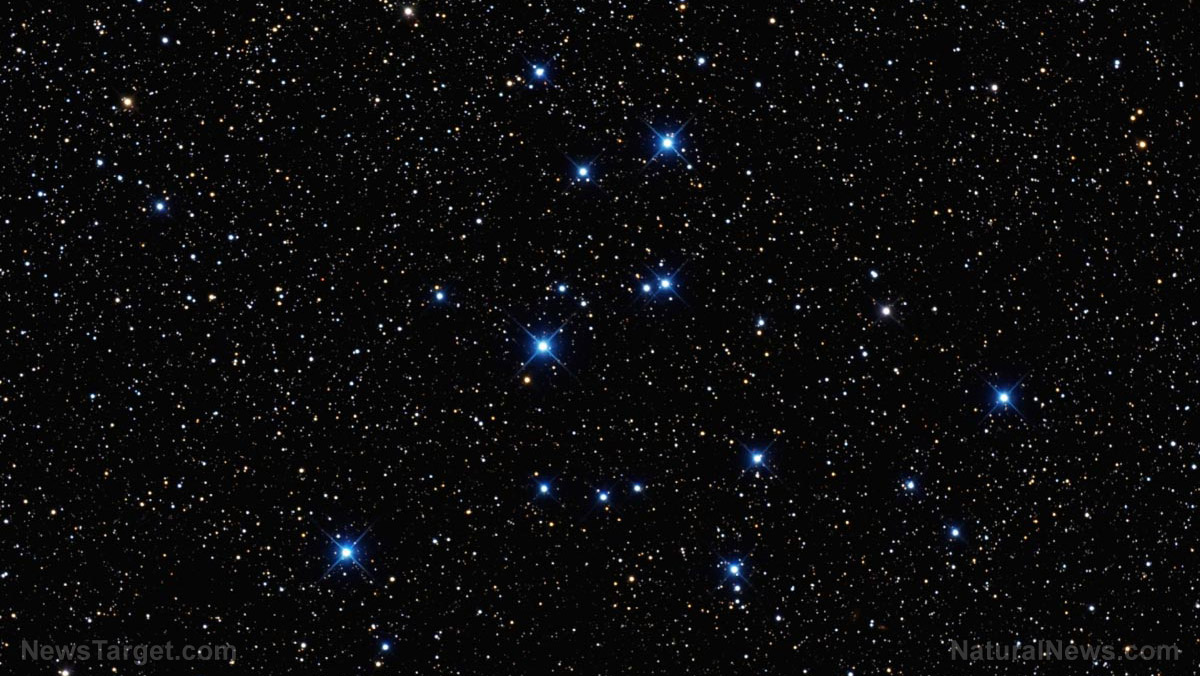
People at London's Heathrow Airport were treated to an unusual light show on November 19.
In a footage captured by aviation website Airlive, a bright light was seen flying across the sky of the busy airport on Sunday. The video, which has since gone viral on social media, recorded the object appearing ahead of a passenger aircraft that was approaching the airport for landing, with it coming very close to a collision course with the said aircraft. Scenes from the video showed the object plummeting to the ground and burning up right before the jet passes it.
It was unknown if the streak was a meteor or created by other space debris. However, a representative from Airlive reported in a Tweet that the light was similar to that of a shooting star, writing: "Look at that amazing shooting star our cam just caught in the sky of Heathrow Airport!" Experts from the University of Southampton also report the cause of the light to be a meteor which they estimate to be a meter in diameter. They also note this incident posed no immediate danger to passengers of the plane and the airport as meteors tend to burn up at altitudes of 20 to 45 miles, which is above a plane's cruising altitude.
The footage was discussed on social media with some commenting to the near-miss to others describing the object as a large meteorite. The website steemit reports that the footage has since been shared widely on Facebook and Twitter, with Twitter user Paul Mottershead saying that 'that was no shooting star. More like a large meteorite.' A tongue-in-cheek tweet by Marcin Kaczmarczyk? even suggested alien involvement, by posting the theme tune to paranormal 90s sci-fi TV show The X Files. Facebook user Nikolai Gibson said: 'I wouldn't like one of those to touch an aircraft.'
According to National Aeronautics and Space Administration (NASA), shooting stars, or meteors, are bits of interplanetary material falling through Earth's atmosphere and heated to incandescence by friction. These objects are called meteoroids as they are hurtling through space, becoming meteors for the few seconds they streak across the sky and create glowing trails. Meteorites happen when the Earth passes through trails left behind by comets, which are then pulled into the atmosphere. Instances of meteors are commonplace, with an estimated 48.5 tons of meteoric material falling every night. However, these are all burned up upon entry. (Related: Proof that Earth is bombarded by 10 times more asteroids than previously thought.)
There is a danger still of injury when a meteorite is of a large enough size to cause damage, like what happened on February 2013 in the Russian city of Chelyabinsk. The meteorite injured 1,100 residents, damaged property, and shut down mobile networks as it darted across the skies of the city before crashing at the city outskirts.
There are at least 170 identified impact craters from meteorite crashes in the past. The most intact crater is the Barringer Meteorite Crater in Arizona which measures about one kilometer across. This was created by a meteor crashing into the Earth around 50,000 years ago.
It should also be noted that it was a meteorite from a huge asteroid that decimated the dinosaurs around 65 million years ago. This created the 300-kilomete Chicxulub crater on the Yucatan Peninsula.
Be updated with news about space by visiting Space.news.
Sources include:
Please contact us for more information.





















